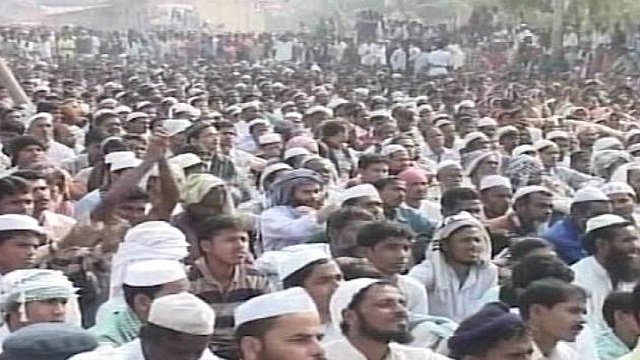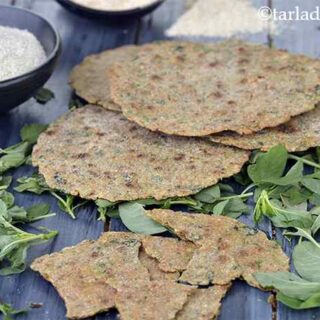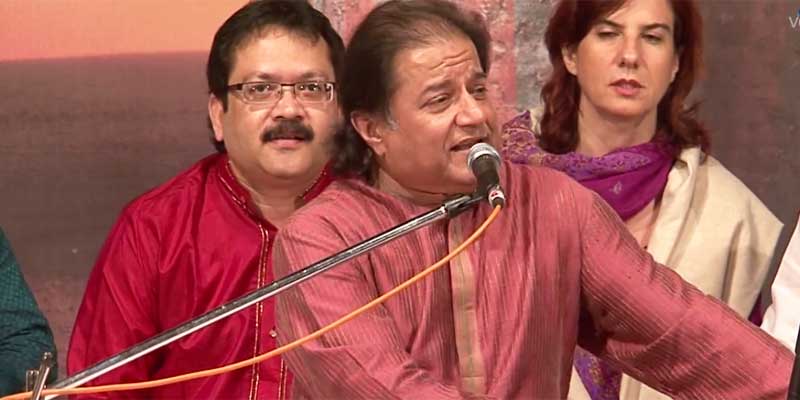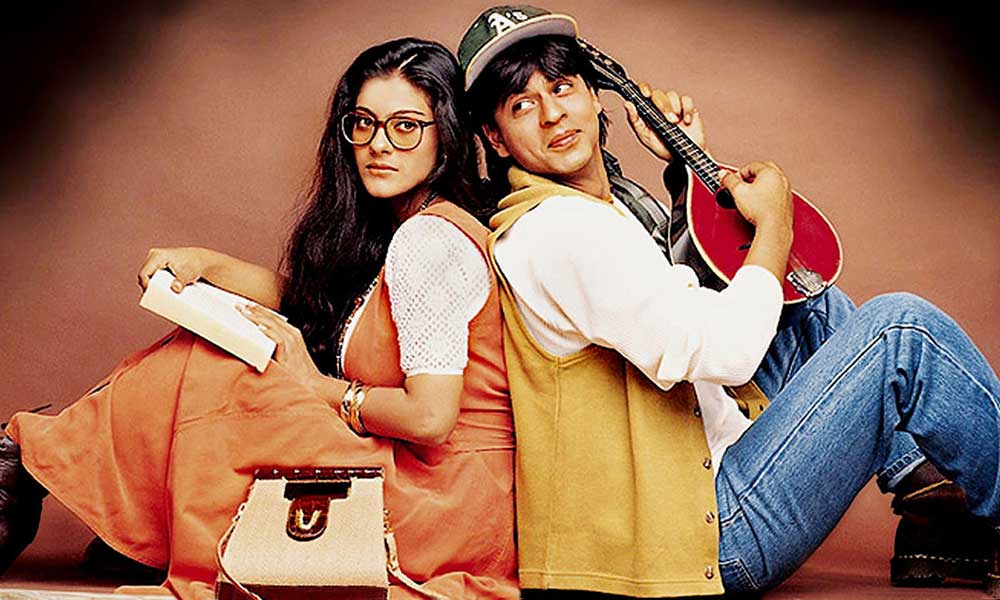Although Muslims account for 11 percent of Delhi’s population of 16 million, the capital has only five Muslim legislators.
A total of 108 Muslims are contesting the Delhi assembly elections, a slight increase from five years ago.
Although Muslims account for 11 percent of Delhi’s population of 16 million, the capital has only five Muslim legislators.
Among the major political parties, the Bahujan Samaj Party (BSP) and the Samajwadi Party have put up the highest number of 11 Muslims.
The number of candidates in Wednesday’s balloting to elect a 70-member legislature is 810. The figure of Muslim candidates has risen from 92 (out of 875) in 2008 to 108 now.
Okhla will see the maximum number of 11 Muslim candidates in any one constituency. More than half a dozen of the 70 constituencies in Delhi are home to 30-40 percent Muslims. These include Okhla, Mustafabad, Seelampur, Ballimaran and Matia Mahal.
Of the five legislators, four are from the ruling Congress.
Political expert Sanjay Kumar explained why Muslim representation in legislatures was low.
“It is not just Delhi but in all the state assemblies of the country Muslims have lesser representation,” Kumar, fellow at the Centre for the Study of Developing Societies and author of the book “Changing Electoral Politics in Delhi”, told IANS.
Increasingly, particularly from the 1980s, most political parties tend to give ticket to Muslims only in constituencies where the community lives in large numbers.
In Delhi, the Congress has fielded six Muslims while the Bharatiya Janata Party (BJP) has only one Muslim contestant.
“We give representation to all communities including Muslims. In 2008 we had six Muslim candidates, this time 11,” BSP’s Delhi in-charge Ram Achal Rajbhar told IANS.
Samajwadi Party’s Delhi president Usha Yadav said: “We have fielded 11 Muslim candidates this time.”
On par with the Congress is the one-year-old Aam Aadmi Party (AAP) of Arvind Kejriwal which too has fielded six Muslims including Shazia Ilmi, a former TV journalist and a prominent face of the party.
Ilmi is pitted against Congress legislator Barkha Singh in R.K. Puram in south Delhi.
The BJP’s lone Muslim candidate is Mohammad Nizamuddin, an advocate from Matia Mahal.
Another key Muslim face in Delhi is four-time legislator Shoaib Iqbal, who in October quit the Lok Janshakti Party to join the Janata Dal-United.
The BJP has its own reasons for avoiding Muslims while selecting candidates.
Delhi BJP president Vijay Goel told IANS: “We don’t see the religious factor while picking candidates. We see the winnability of the candidates. We give ticket to those who are deserving.”
Among the best known Muslim faces in Delhi’s politics is Congress minister Haroon Yusuf who is seeking a fifth term from Ballimaran in the Mughal-built Walled City or Old Delhi.
Yusuf reasoned that it was the “absolute secular credentials” of the Congress which fetches it Muslim votes.
“The Congress is a secular party and it wins elections not because of the religion of the candidates but the work done by them,” Yusuf told IANS.
Asif Mohammad Khan, the legislator from Okhla who recently joined the Congress after dumping the Rashtriya Janata Dal (RJD), said the Congress had given him ticket “due to my chances of winning”.
His candidature has, however, caused heartburn in the Congress ranks.
Some in the party are upset because Khan reportedly faces several criminal charges. But Chief Minister Sheila Dikshit is known to be backing him — politically.
-IANS





